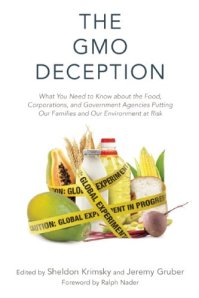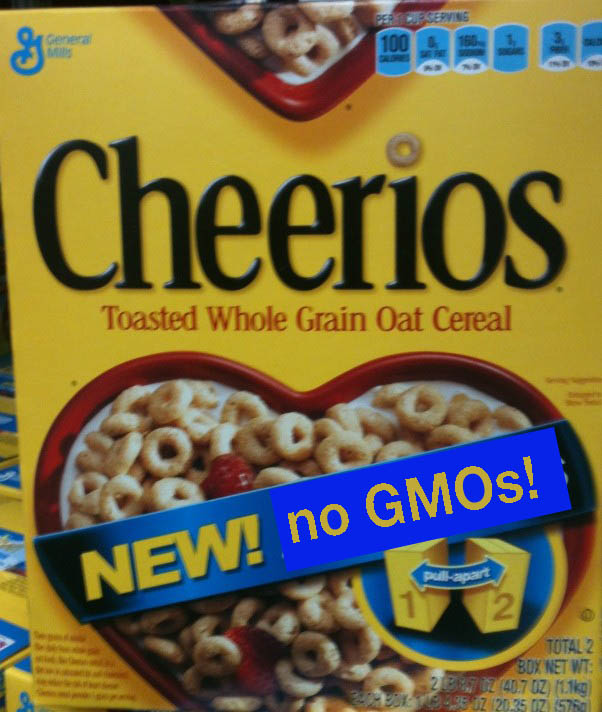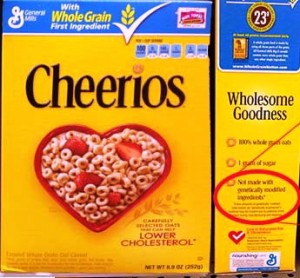On two views of GMOs: Michael Specter vs. Vandana Shiva and Gary Hirshberg
Michael Specter’s article “Seeds of Doubt” in the current issue of The New Yorker is a critical profile of India’s Vandana Shiva and her active opposition to genetically modified foods. At the end, it offers this somewhat temporizing statement:
Genetically modified crops will not solve the problem of the hundreds of millions of people who go to bed hungry every night. It would be far better if the world’s foods contained an adequate supply of vitamins. It would also help the people of many poverty-stricken countries if their governments were less corrupt. Working roads would do more to reduce nutritional deficits than any G.M.O. possibly could, and so would a more equitable distribution of the Earth’s dwindling supply of freshwater. No single crop or approach to farming can possibly feed the world. To prevent billions of people from living in hunger, we will need to use every one of them.
Despite this peace offering, his article elicited a firm rebuttal from Dr. Shiva. It also elicited a rebuttal from Gary Hirshberg, chair of Just Label It. If you want to get into the weeds of the GMO arguments, all three of these pieces are well worth reading.
They raise and debate the same arguments I discussed in Safe Food: The Politics of Food Safety, first published in 2003 and out in a second edition in 2010. As I explain in the book, the gist of the arguments comes from two apparently irreconcilable views of GMO foods:
- The “science-based” position: If GMOs are safe (which they demonstrably are), there can be no rational reason to oppose them.
- The “societal value-based” position: Even if GMOs are safe (and this is debatable), there are still plenty of other reasons to oppose them.
Specter holds the first position. Shiva and Hirshberg hold the second. Those who hold the “science-based” position would do well to take societal values more seriously.
Seed patents, monoculture, weed resistance, and other such concerns trouble people who care about food systems that promote health, protect the environment, and provide social justice.
Labeling, right from the start, would have acknowledged the importance of such values. Until GMO foods are labeled as such, the same arguments are likely to go on endlessly, with no reconciliation in sight.
Additions:
- August 27 The Nation on “Can GMOs help feed a hot and hungry world?”
- September 2 David Remnick, editor of the New Yorker, has written a letter in response to Dr. Shiva’s rebuttal.





